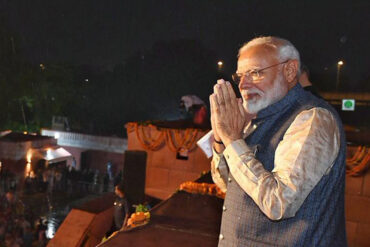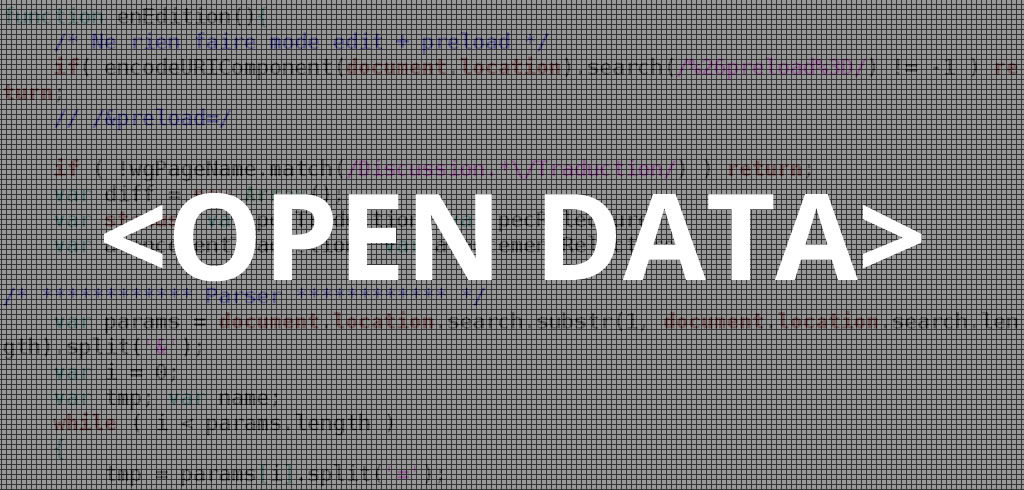Pune became the first city in India to launch an open data portal that provides free access to real-time civic data for all. This means anyone interested in getting any data related to Pune city’s transport, infrastructure, open spaces, policies, etc. will simply have to go to the website and access it for free.
WHAT IS OPEN DATA?
Open data can be defined as “the idea that some data should be freely available to everyone to use and republish as they wish, without restrictions from copyright, patents or other mechanisms of control”.
WHY SHOULD MUNICIPAL DATA BE MADE OPEN?
City data should not be hidden from the citizens. Opening it up increases transparency, accountability, and efficiency of the municipal body. It also catalyses technological innovation empowering citizens, NGOs, researchers and other private bodies to find innovative solutions to civic problems.
The normal procedure to get any data from a civic body would be to go to the municipal office with a relevant letter (don’t have one, you are most likely not entertained); wait for their appointment (will have to come multiple times to get this); get their seniors’ approval (almost always – not approved); respond to incessant questions on why you need the data, what will you do with it, etc. This will take minimum three weeks with multiple visits to the offices. The worst part is even after doing all this, 80% chance is you won’t get the data and the remaining 20% is getting outdated data. As a result, citizens lose interest in the civic functions and do not get involved, and rather depend on municipal bodies for all the civic activities.
In contrast, around the globe, the function of the municipal body is changing from a provider to a facilitator as citizens are getting more and more involved in the city’s functions. They are more aware, sensitive and interested in the city functions. Citizens are ready to partner with the municipal body to find solutions together. It is no longer a one-way deal. They want to know, help, share and evolve. Information is vital for this process. Thus, requiring data to be open and accessible. This will bring about more innovation – discover apps that create new ways to explore the city, services, and information. So much can be done with the municipal data if made open! It’s a wide plethora of activities, apps, solutions for the city.
Another major advantage is accountability. The civic body will have to make available real-time public data and so decisions will no longer be made on outdated reports. Pune Municipal Corporation has already appointed a data officer for each civic department to update real-time data. It not only makes the Corporation efficient, but also reduces its burden as the citizen groups join to work on this data to help solve city problems. When Pune’s Budget was simplified, readable and made open, more citizens participated in the process, making it a better and improved Municipal Budget. At first, the Municipal Commissioner was apprehensive to make it open, but once it was done, the response was overwhelming.
TOWARDS A SMART & OPEN KOCHI
Kochi is in the process of becoming smart and digital and should set an example to other cities in Kerala by opening up the civic data. From my experience, Kochi Corporation has good quality urban studies data, which, if opened up will help in further research and innovations. Kochi Open Data Portal will be a good opportunity for the IT minds and citizens alike to find solutions to the city’s drainage, water, environmental and other problems.
One small application area would be transportation. As Kochi is already moving towards an integrated sustainable transport model connecting NMT, buses, metro and water transport, a simple transport app giving timings, schedules, routes, etc. will save money, time and energy of the commuters.
Only when citizens are given an environment/opportunity to help the civic body will they feel an ownership of the city – otherwise one will always blame the Corporation for all the city’s problems.
We are becoming a more open-minded society. Evolving, understanding, learning and helping. As our perspective changes, let our administrations change and let innovations happen, for better cities and better citizens.
************
Check out few open data portals:







